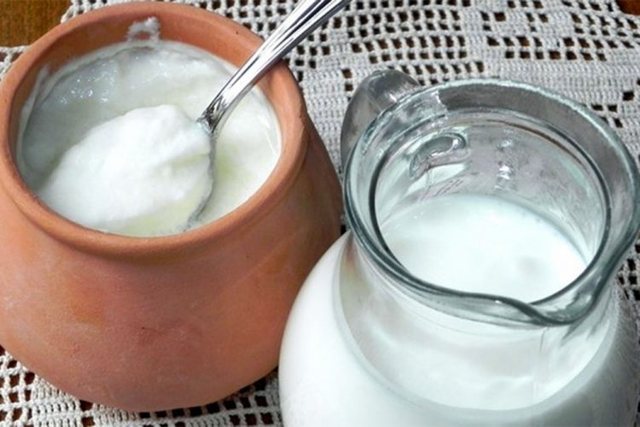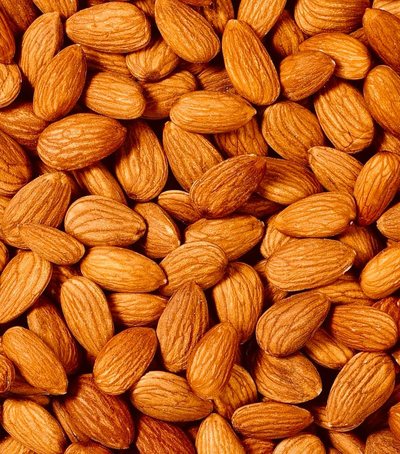
Dairy products are an important part of any healthy diet.
However, in some respects, selecting the right type of dairy products makes a significant difference.
In this article you will learn how to make the right choice between milk and yogurt for the health of the body.
Nutrient richness in yogurt and milk
Both milk and yogurt are excellent in terms of richness in calcium, potassium and vitamin D.
milky
Milk also contains tryptophan, vitamins B2, B12, K and A. It is also rich in protein, but also phosphorus.
Most of these nutrients are found mostly in cow's milk. Milk, in general, helps lower blood pressure, but it is also recommended in reducing the risk of cancer, obesity, diabetes and heart disease.
Kosi
Yogurt contains all the above nutrients, but also protein, zinc, vitamin B5 and probiotics. The latter are one of the major differences between milk and yogurt. Probiotics are essential for stomach health and digestion.
Homemade yogurt, fermented with natural seeds, is rich in probiotics, but also contains higher amounts of calcium and potassium. The probiotics in question cure problems with acidity in the stomach, ulcer and intestines.
On the other hand, the calcium in yogurt is better absorbed by the body compared to the calcium found in milk. This is due to the presence of lactic acid which serves as a mediator for the absorption of calcium.
Another difference between milk and yogurt is that the latter is more easily digested and accepted by the body.
There are many people in the world who have lactose intolerance, so yogurt is more suitable for them. Moreover, yogurt is softer for the body of people suffering from bloating, acidity and others.
Which is recommended for breakfast
Because it is more easily digested and has more probiotics, yogurt is more recommended for breakfast. You can combine it with different seeds or cereals for more energy during the day.
Milk can also be consumed without any problems, but you should keep in mind that the stomach needs more time to assimilate it./AgroWeb.org/





